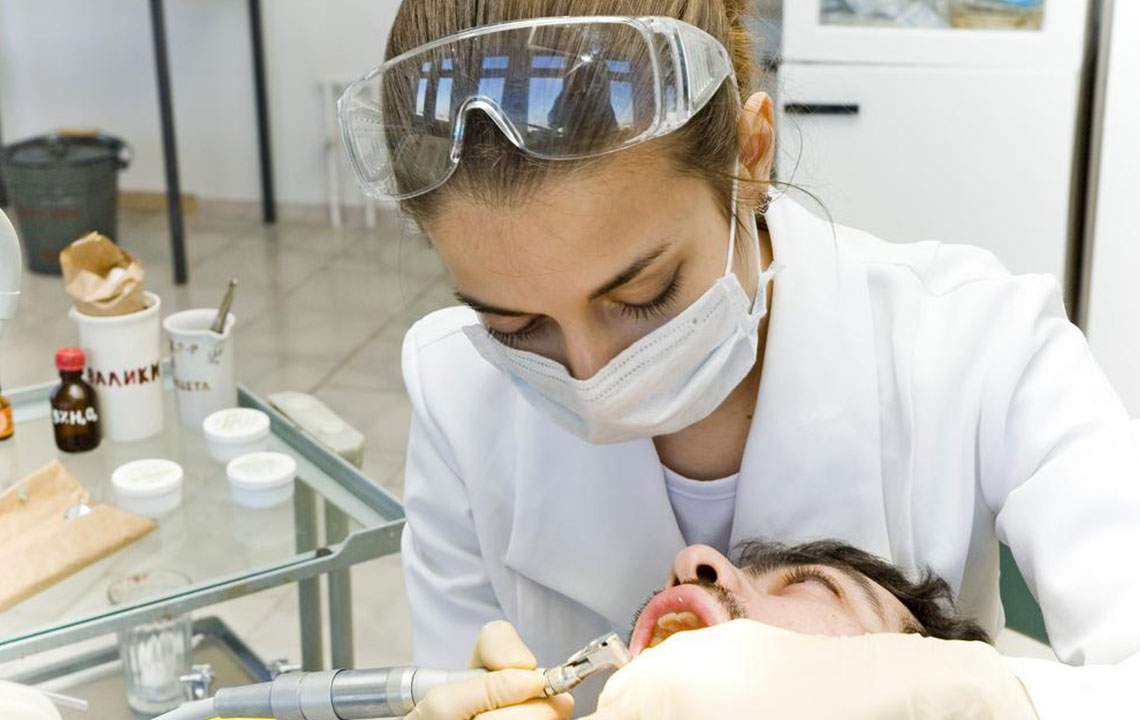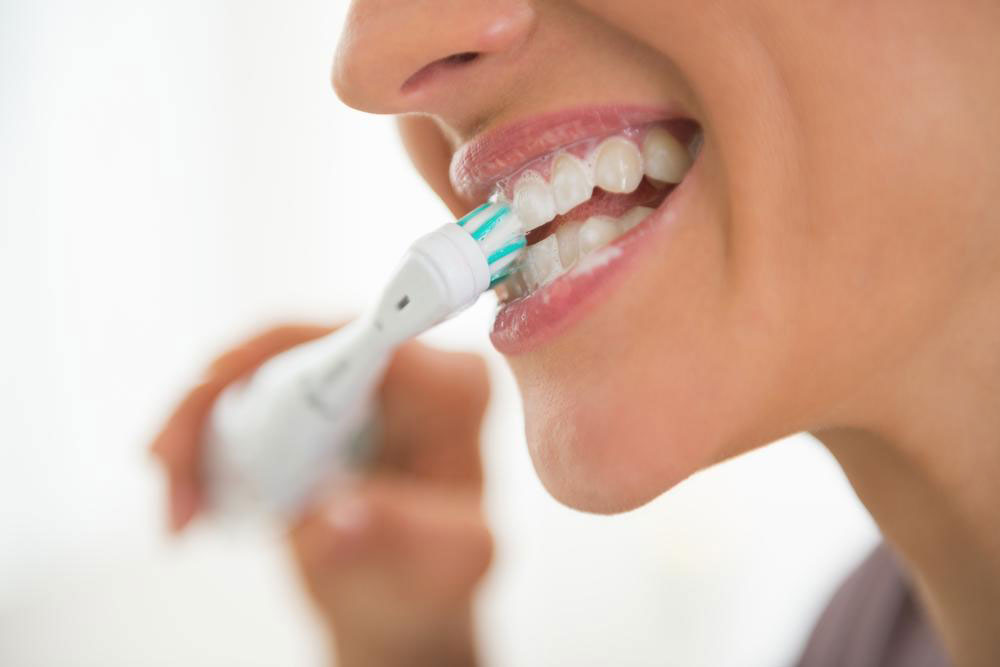Comprehensive Guide to Preventing Plaque Buildup and Ensuring Longevity of Dental Implants
This comprehensive guide provides effective strategies to prevent plaque buildup on dental implants, emphasizing the importance of diligent oral hygiene, professional care, and healthy lifestyle choices. Proper maintenance ensures long-lasting implant success, preserved oral health, and a confident smile for years. Learn tips and techniques to maintain your dental implants effectively and avoid complications like peri-implantitis, ensuring your investment remains durable and healthy.

Comprehensive Guide to Preventing Plaque Buildup and Ensuring Longevity of Dental Implants
Dental implants have become an increasingly popular and effective solution for individuals suffering from severe tooth decay, gum disease, or tooth loss. These sophisticated dental devices function as artificial roots, supporting crowning restorations that restore the natural appearance and functionality of teeth. While dental implants offer numerous advantages such as durability, improved chewing efficiency, and enhanced aesthetics, their success largely depends on proper maintenance and oral hygiene practices. Without appropriate care, plaque accumulation can pose a serious threat to the health of your implants, leading to complications such as peri-implantitis, gum inflammation, or even implant failure. Therefore, understanding comprehensive strategies to prevent plaque buildup is essential for anyone with dental implants.
Although dental implants may represent a higher upfront investment compared to traditional dentures, their long-term benefits and potential to preserve facial structure make them a valuable choice. Proper maintenance not only prolongs the lifespan of your implants but also ensures overall oral health. This detailed guide explores effective techniques and lifestyle modifications that help prevent plaque accumulation, safeguard your investment, and promote a healthy, radiant smile for years to come.
Why Preventing Plaque Buildup is Critical for Dental Implants
Plaque is a sticky film composed of bacteria, food debris, and saliva that naturally forms on teeth. Without proper removal, plaque hardens into tartar, which is much more difficult to eliminate and can cause significant damage to both natural teeth and dental implants. In the case of implants, plaque-related bacteria can infiltrate the peri-implant tissues, leading to peri-implant mucositis—a reversible inflammation—and if left untreated, progressing to peri-implantitis. This condition involves the destruction of supporting bone and tissues, putting your implant at risk of loosening or even failure.
Preventing plaque buildup through diligent oral hygiene and healthful habits is therefore crucial. It not only preserves the integrity and stability of your implants but also maintains your overall oral health. Moreover, a healthy oral environment reduces the risk of infections, bad breath, and gum disease, all of which can compromise your implant success and quality of life.
Essential Strategies for Effective Plaque Prevention
Maintain Rigorous Oral Hygiene: Regular brushing is the cornerstone of plaque control. Use a soft-bristled toothbrush and fluoride toothpaste to thoroughly clean all surfaces of your teeth and around the implants. Make sure to brush at least twice a day—preferably after meals—to remove food particles and bacteria that can contribute to plaque buildup. Consider using an electric toothbrush for more efficient cleaning and greater plaque removal benefits.
Incorporate Professional Dental Cleanings: Routine visits to your dentist for professional cleanings, generally recommended every six months, are vital. Dental professionals can remove stubborn tartar deposits, evaluate your implant health, and provide personalized advice on improving your home care routine. They may also utilize special tools designed to clean around implants safely and effectively.
Use Specialized Interdental Cleaning Tools: Flossing is indispensable in preventing plaque between teeth and around implants. Traditional flossing can be supplemented with interdental brushes or water flossers, which are especially effective for cleaning hard-to-reach areas or for individuals with limited dexterity. Proper technique, including gentle motion and thorough coverage, ensures debris removal without damaging gums or implant surfaces.
Avoid Smoking and Harmful Habits: Smoking significantly increases the risk of implant failure due to reduced blood flow, delayed healing, and increased tartar formation. Quitting smoking substantially improves your oral health and the longevity of your implants. Similarly, avoid biting on hard objects or habits such as nail-biting, which can cause mechanical damage to implants and surrounding tissues.
Adopt a Healthy Diet: Consuming a balanced diet rich in vitamins, minerals, and antioxidants supports gum health and enhances immune defenses against bacteria. Limit sugary, sticky, and processed foods that foster plaque formation. Drinking plenty of water helps rinse away bacteria and food particles, contributing to a cleaner mouth environment.
Stay Alert for Signs of Infection: Be vigilant about symptoms such as swelling, redness, bleeding, or pain around your implants. Prompt consultation with your dentist ensures early intervention, preventing minor issues from escalating into more serious complications.
Additional Tips for Long-term Success of Dental Implants
Beyond daily hygiene practices, lifestyle choices play a vital role in maintaining your implants. Regular dental check-ups, a healthy lifestyle, and a disciplined oral care routine form the foundation for long-lasting results. Using antimicrobial mouth rinses can further reduce bacterial load, especially for individuals prone to plaque buildup. It’s essential to educate yourself continuously about proper implant care and stay informed about the latest advancements in dental technology and maintenance techniques.
Furthermore, engaging with a qualified dental professional for personalized advice tailored to your specific needs enhances your success. Your dentist can assess your oral health regularly, recommend appropriate tools, and adjust your routine as required to ensure optimal outcomes. Remember, proactive care and healthy habits are your best allies in preventing plaque buildup, safeguarding your implants, and maintaining a beautiful, confident smile for decades to come.
In conclusion, dental implants are a reliable and effective solution for restoring oral function and aesthetics, but their longevity depends on diligent upkeep. Through comprehensive daily hygiene, regular professional care, lifestyle adjustments, and patient education, you can effectively prevent plaque accumulation and ensure your implants remain healthy and durable. Prioritize these strategies to enjoy the benefits of a resilient, beautiful smile for years to come.





